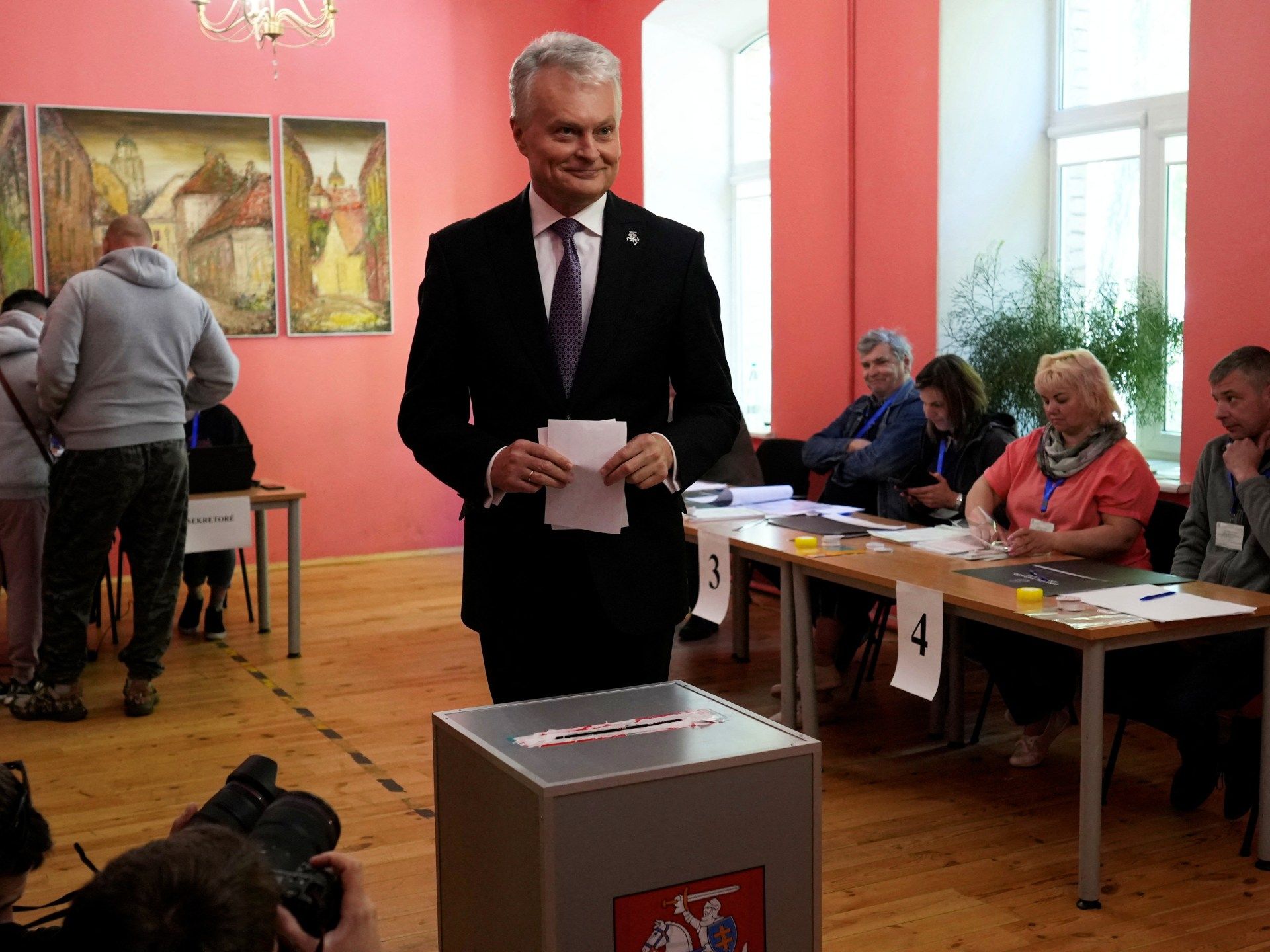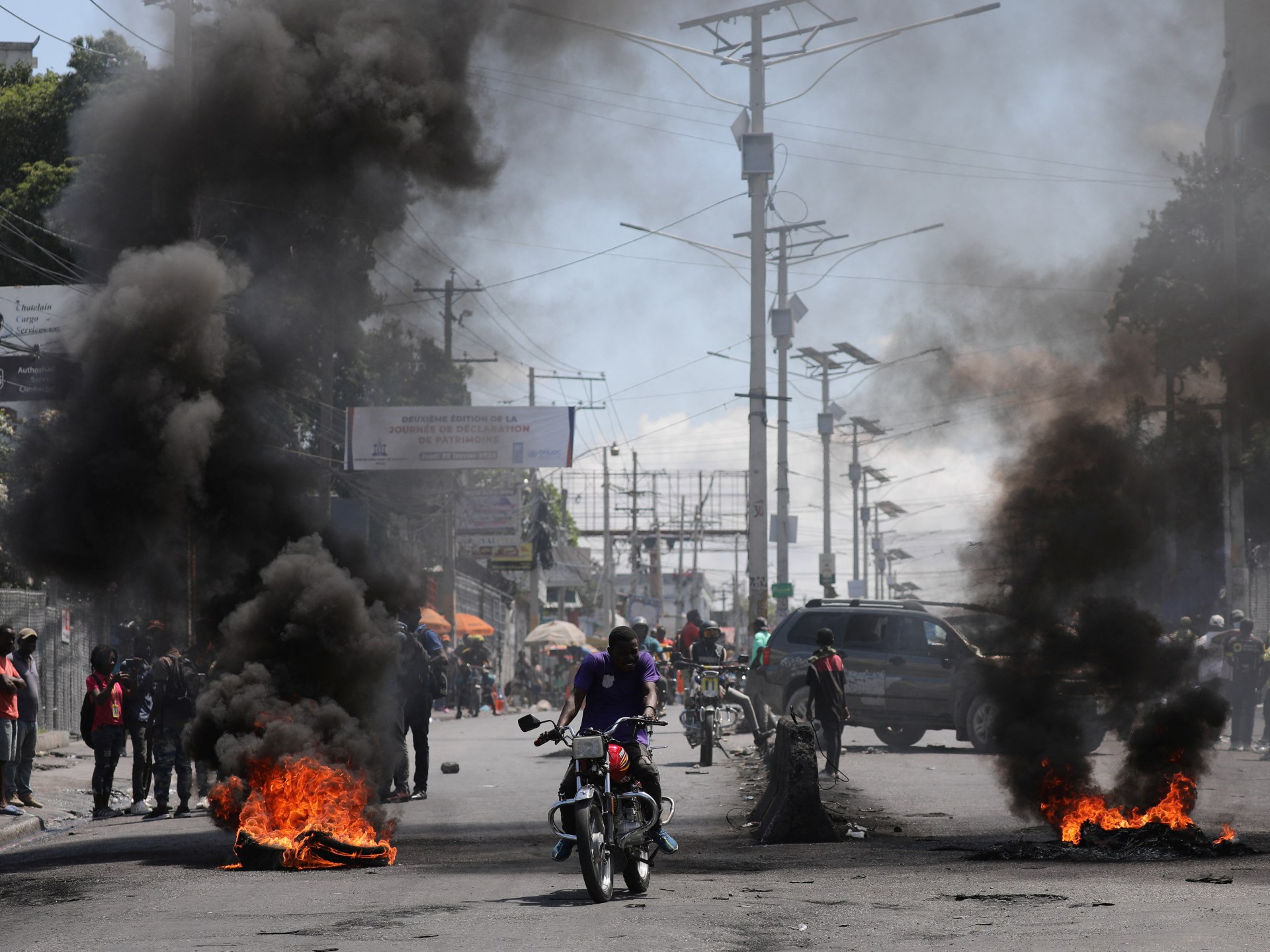Prime Minister Ingrida Simonyte admitted defeat in the final round of the Baltic nation's presidential election.
Lithuanian President Gitanas Nauseda declared victory in the final round of the Baltic nation's presidential election, as partial results showed him well ahead in the two-way race against Prime Minister Ingrida Simonyte.
Ballots from nearly 90 percent of polling stations on Sunday showed Nauseda, 60, winning about three-quarters of the vote, followed by Simonyte, 49, of the ruling center-right Unión Patria party.
Simonyte admitted defeat in comments to reporters and congratulated Nauseda.
This is the second time that Nauseda and Simonyte compete in a presidential runoff. In 2019, Nauseda defeated Simonyte with 66 percent of the vote.
As president, Nauseda has a semi-executive role, including leading the armed forces, chairing the national security and defense policy body and representing the country at NATO and European Union summits.
The former chief economist at Swedish banking group SEB, who is not affiliated with any party, won the first round of the May 12 election with 44 percent of the vote, less than the 50 percent he needed for an outright victory.
Simonyte was the only woman among eight candidates in the first round and came in second place with 20 percent.
Both Nauseda and Simonyte support increasing defense spending to at least 3 percent of Lithuania's gross domestic product, from the 2.75 percent planned for this year, in the wake of Russia's invasion of Ukraine in 2022.
Like other Baltic nations, Lithuania fears it could be Moscow's next target. Russian President Vladimir Putin has said that he has no intention of attacking any NATO country.
The uneasy relationship between Nauseda and Simonyte has also attracted attention in foreign policy debates, especially in Lithuania's relations with China.
Bilateral ties became strained in 2021, when Vilnius allowed Taiwan to open a de facto embassy named after the island, a departure from the common diplomatic practice of using the name of the capital, Taipei, to avoid angering Beijing.
China, which considers self-ruled Taiwan part of its territory, downgraded diplomatic relations with Vilnius and blocked its exports, prompting some Lithuanian politicians to call for restoring relations for the sake of the economy.












